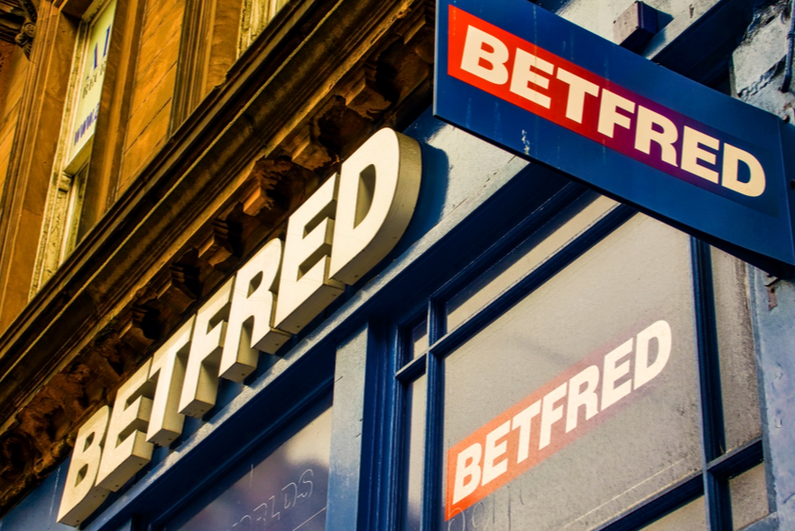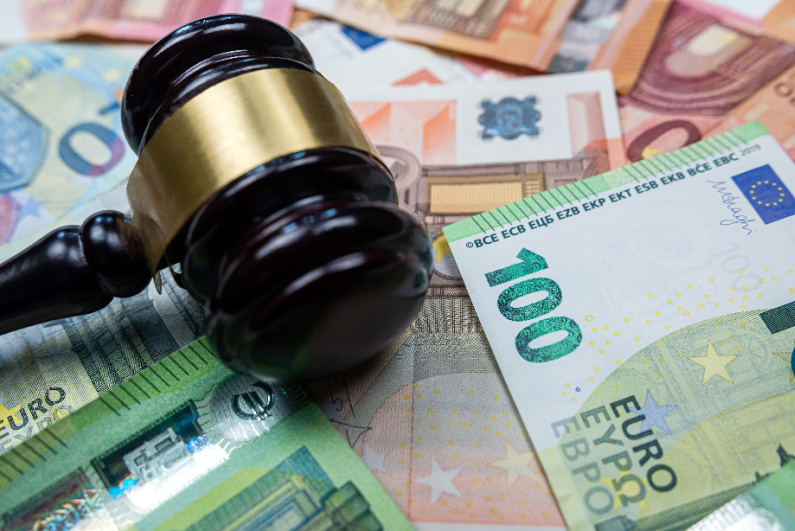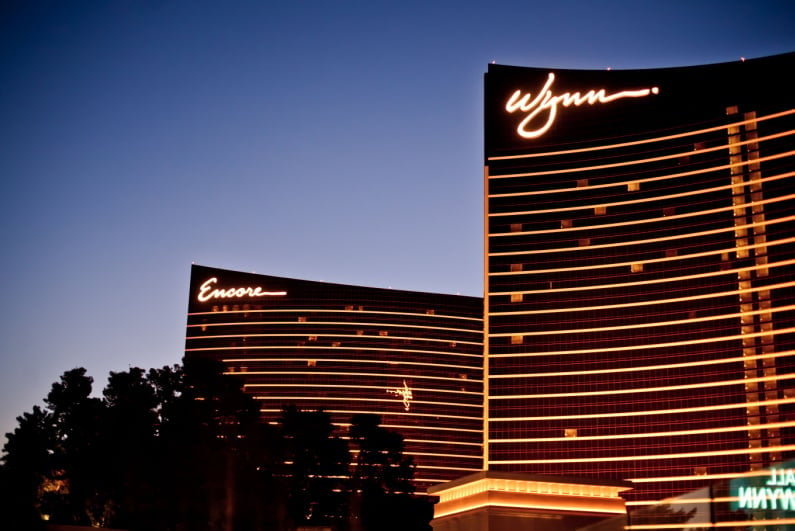William Hill sale lucrative for Betfred
The big news in the gambling world on Wednesday was Caesars Entertainment’s acquisition of William Hill, but that transaction may spawn another move in the industry. Multiple news outlets are reporting that Betfred might be ready to jump on William Hill’s UK betting shops.
As sports betting and, to a lesser extent, online casino gambling expand across the United States, Caesars is looking to take advantage. As such, it is interested William Hill’s US operations and plans to sell off the company’s businesses in the rest of the world.
the sale of the company at 272p ($3.51) per share allowed Done to cash in for a tidy £170m ($220m)
Enter Fred Done, who, with his brother Peter, founded Betfred five decades ago. The betting company CEO has amassed a 6% stake in William Hill, thanks largely in part to the COVID-19 pandemic. The crash of gambling company stock prices early in the health crisis allowed Done to buy up depressed William Hill shares at 36p ($0.47). The sale of the company at 272p ($3.51) per share allowed Done to cash in for a tidy £170m ($220m), money he could use to grow his company.
William Hill has about 1,400 brick-and-mortar betting shops, which would nearly double Betfred’s total of 1,500.
William Hill has struggled of late
For some, seeing William Hill, an establishment in the UK, agree to become part of a US casino giant may be a shock. But over the past couple years, the sports betting landscape has gotten increasingly rocky for the London-based company. The timing was right to take the buyout.
In 2018, the company reported net losses of £721.9m ($932.7m), causing it to look more toward the United States.
the company closed 713 of its brick-and-mortar locations
In April 2019, UK gambling law changed, drastically decreasing the maximum stake for fixed-odds betting terminals (FOBTs) from £100 ($129.20) to £2 ($2.58). This was a killer for William Hill, which made millions from the gambling machines. As a result, the company closed 713 of its brick-and-mortar locations, cutting thousands of jobs.
Then came this year’s COVID-19 pandemic and related shutdowns. William Hill, like every gambling firm, saw revenues plummet, only able to lean on its online business for a few months. It decided to keep another 119 of its shops permanently closed once the lockdowns were lifted. A total of about 300 employees were affected, but most were reassigned to other locations.
Conflict of interest in other business
Back to Betfred, the Done brothers took heat early this year after a report by The Guardian revealed that they owned health and well-being network Health Assured. One of Health Assured’s services is treating gambling addiction, thus Fred and Peter Done are perceived to have a significant conflict of interest.
the two men received £5.2m in Health Assured dividends from 2017-2019
Additionally, the company has “dozens” of contracts with government health agencies, one of which is the National Health Service (NHS). The upshot of this is that the Dones have made some of their money from taxpayer funds. In all, the two men received £5.2m in ($6.7m) Health Assured dividends from 2017-2019.
Shadow Health Secretary Jon Ashworth, while appreciative that government employees can receive mental health services from Health Assured, told The Guardian that the relationship between the company and Betfred “looks like an unacceptable conflict of interest.”
NHS mental health chief Claire Murdoch was less diplomatic, writing in a letter to the Gambling Commission: “….offering people who are losing vast sums of money free tickets, VIP experiences and free bets all proactively prompt people back into the vicious gambling cycle which many want to escape.”



